There are two types of price fixing agreements: horizontal price fixing and vertical price fixing. Horizontal price fixing involves agreements between or among competitors. In other words, these are businesses that operate at the same level of the supply chain (eg, between manufacturers or between distributors). In almost all anti-trust jurisdictions, horizontal price fixing is per se prohibited. This means that regardless of any justification for fixing the price, it is always illegal. In the Philippines, price fixing between or among competitors is likewise per se prohibited, as provided under Section 14(a)(1) of the PCA. Violation of this provision carries the penalty of fine and imprisonment. On the other hand, vertical price fixing involves price fixing agreements at different levels of the supply chain. This usually involves an agreement between a manufacturer and its distributors to sell products of the manufacturer at a certain price. This is often referred to as resale/retail price maintenance (RPM). Depending on the agreement, distributors may sell products of the manufacturer using the RPM as the price itself, the minimum, or the maximum thereof. Unlike horizontal price fixing, the legality of vertical price fixing is a more complicated matter. In the US, jurisprudence on RPM has evolved throughout the years. RPM was previously considered a per se violation before it became subject to the rule of reason doctrine. The rule of reason analysis allows for review of a trade practice to determine if the same constitutes an unreasonable restraint of trade. In 1911, the US Supreme Court decided in Dr Miles Medical Co vs John D Park & Sons Co that agreements between manufacturers and wholesale and retail merchants wherein manufacturers control the minimum prices of its products, including prices for all sales by dealers at wholesale or retail, amounted to restraint of trade under Section 1 of the Sherman Act. In 1968, the US Supreme Court decided in Albrecht vs Herald Co that fixing of maximum prices was a per se violation under Section 1 of the Sherman Act. The ruling in this case was reversed in the 1997 case of State Oil Co vs Khan wherein the US Supreme Court found it difficult to uphold that vertically imposed maximum prices could harm consumers or competition to the extent necessary to justify their per se invalidation. Further, the US Supreme Court decided to abandon the Dr Miles ruling in the 2007 case of Leegin Creative Leather Products, Inc vs PSKS, Inc. In the said case, the US Supreme Court categorically declared that the per se rule is no longer appropriate in RPM arrangements, and that vertical price restraints should be evaluated under the rule of reason. While the US has relaxed the rule on RPM, EU competition law remains hostile to RPM. In the 2010 Guidelines on Vertical Restraints of the European Commission, RPM is still considered as a hardcore restriction, and that there is still a presumption that it will fall under Article 101(1) of the Treaty on the Functioning of the EU (TFEU), which prohibits price fixing. Nevertheless, the European Commission acknowledges that it is possible to claim potential pro-competitive effects and efficiency gains that may exempt RPM from the application of Article 101(1) of the TFEU. In the Philippines, vertical price fixing agreement may be governed by Section 14(c) of the PCA, which refers to agreements other than those covered by Section 14(a) and (b), or Section 15 of the PCA, which refers to abuse of dominant position by means of anti-competitive conduct (if the offender is a dominant player in the market). Further, the rule of reason is available as a defence in vertical price fixing agreement since the PCA allows for agreements or conduct “which contribute to improving production or distribution of goods or services within the relevant market, or promoting technical and economic progress, while allowing consumers a fair share of the resulting benefit.” If the agreement between a manufacturer and its distributors or retailers falls under the foregoing, such distributors or retailers should not fear violation of the law. Absent actual cases involving RPM, it remains to be seen how the Philippine Competition Commission will deal with the matter. While RPM is not a per se violation under the PCA, it may be more prudent for manufacturers to provide their distributors or retailers with a bona fide suggested retail price (SRP), rather than imposing an RPM. This will enable distributors and retailers to independently determine their pricing strategies, and to only take the SRP under advisement. Hopefully, this will truly lead to free and fair competition in the market. *This article first appeared in Business World, a newspaper of general circulation in the Philippines. –––––––––––––– |
Philippines
Related Articles by Firm
The sanctity of our home offices
Often quoted in cases involving searches and seizures is the principle that “a man’s home is his castle” ...
Financial rehabilitation amidst the COVID-19 pandemic
In light of the implementation of various community quarantine measures brought about by the COVID-19 pandemic in the Philippines, many business establishments were either prevented from operating or permitted with limited operational capacity ...
Fine prints
Rights-holders must always be vigilant, exercise caution and, most of all, read and question the fine prints.
Travel restrictions, work permit and visa status of expats in the Philippines
While the coronavirus disease (Covid-19) knows no nationality or race, most countries have taken the approach, among others, of closing their respective borders to prevent it from spreading ...
Philippines: Pandemics, police power and private contracts
With the worsening coronavirus outbreak, President Rodrigo Duterte has shifted gears ...
Philippines: Coping with Covid-19
While Covid-19 is primarily a health issue, it cannot be denied that it has multi-faceted effects ...
Philippines: Work suspension during calamities
On January 12, 2020, the Taal volcano in the Philippines began erupting, causing numerous cities to experience ash fall and necessitating the evacuation of families living nearby ...
Philippines: Changing times for PEZA locators
The Philippines enticed into investors into its special economic zones with tax incentives, such as income tax holidays (ITH) or 5 percent gross income taxation (GIT), VAT zero-rated purchases and duty-free importations ...
The 2019 HCCH Judgments Convention and the enforcement of foreign judgments in the Philippines
In a world where cross-border transactions are commonplace, disputes inevitably arise. Thus, the recognition and enforcement of foreign court decisions is a key issue ...
Compulsory investment of branch offices in the Philippines
The Revised Corporation Code introduced amendments to the otherwise outdated Corporation Code.
Philippines: The POGO problem – Harmonising immigration, gaming and gambling
It is highly illegal to gamble in China save for a few state-run lotteries. To avoid this prohibition, gambling companies operate offshore so that they may continue catering to Chinese nationals who play casino and e-games online ...
Developments in the Philippine Competition Commission’s enforcement activities
Early this year, the Philippine Competition Commission (PCC) Enforcement Office launched a leniency/whistleblower programme offering immunity from suit and reduction of fines to cartel members who will provide information that will help the PCC investigate and prosecute cartels ...
Revisiting the AMLA in light of transnational money laundering
For several decades, money laundering has extended the reach of transnational organised crime throughout various nations ...
Revisiting important concepts in arbitration
Philippine courts are keen on making arbitration and other modes of ADR the staple in settling disputes domestically.
Keeping your mobile number for a lifetime
A new law facilitates the easy movement of subscribers from one service provider to another.
The right to know: Freedom of information in the Supreme Court
Like all other rights, the “right to know” is not an absolute right.
The Philippines 11th Foreign Investment Negative List and its impact on online businesses
A more liberalised foreign participation may change the internet-based business landscape in the Philippines ...
The Philippine Competition Commission bares its teeth
For the first time since its inception in 2015, the Commission has blocked a merger after conducting its review.
A peek into the revised Corporation Code of the Philippines
On February 20, 2019, President Rodrigo Duterte signed into law Republic Act No. 11232, otherwise known as the Revised Corporation Code of the Philippines (the New Code) ...
Philippines: Protecting indigenous knowledge systems and practices in intellectual property rights registration
Indigenous peoples (IPs) and indigenous cultural communities (ICCs), though explicitly protected under the constitution itself, sadly remain one of the most marginalised and forgotten sectors in Philippine society ...
Philippines: The right to know – Freedom of information in the Supreme Court
Freedom of Information is a right enshrined in our fundamental law ...
Investments for the environment
In a recent report released by the leading international body for assessment of climate change, the UN Intergovernmental Panel on Climate Change (UN IPCC), established a target global warming limit of 1.5°C ...
The PCC’s Joint Venture Guidelines
The Philippine Competition Commission must strive to strike a balance ...
How the Mental Health Act affects employees
Mental health conditions, which include anxiety and panic disorders, depression, eating disorders, substance abuse and addictions, have become a pervasive issue which permeates our present society ...
The Ease of Doing Business Act tapers red tape
RA 11032 is a welcome step towards achieving the quality government services that Filipinos deserve.
Much EndO about nothing
President Duterte says he has put an end to the “Endo” or the practice of engaging employees on a contractual basis. But has he?
Philippines: Proposed rules and regulations on crowdfunding
Crowdfunding (CF) platforms have proven to be a popular way to solicit charitable donations and to raise funds for projects or business ventures ...
Revised guidelines for continuous trial of criminal cases in the Philippines
Recent measure to address judicial delays ...
Virtual currency in the Philippines: Recognition and regulation
Bitcoin is essentially a virtual currency (VC), which is any type of digital unit that is used as a medium of exchange — a veritable currency that exists in the digital world. Since it is electronic currency, VC is easily transferable ...
Protection of women employees in the Philippines
According to the World Economic Forum’s Global Gender Gap (GGG) Report conducted in 2016, the Philippines is the most gender-equal country in the Asia-Pacific region, having closed nearly 79 percent of its gender gap ...
Anti-Trust & Competition: Philippines - Towards robust yet balanced competition in the Philippines
The state of Philippine competition regulation has been slowly taking shape barely over two years after the passage of the Philippine Competition Act (RA 10667) ...
PHILIPPINES: The internet and doing business in the Philippines
Earlier this year, the Philippines Securities and Exchange Commission (SEC) issued an opinion stating that an online gaming system with absolutely no physical presence in the Philippines shall be considered as “doing business” in the Philippines and was thus required ...
Philippines: Psychological disorders in the workplace
The problem of mental health presents a particular conundrum under labour relations and standards ...
Clarifying the role of contractors and subcontractors
Recent changes to labour laws in the Philippines attempt to clarify the status of contractors and subcontractors in certain industries ...
Fake news and its web of legal issues in the post-truth era
Oxford Dictionaries’ Word of the Year for 2016 is “post-truth” — an adjective defined as “relating to or denoting circumstances in which objective facts are less influential in shaping public opinion than appeals to emotion and personal belief”. ...
Dollar-denominated securities in relation to Corporation Code’s provisions on capital
The Philippines Stock Exchange (PSE) issued rules on December 2, 2016 governing the listing, trading and settlement of US dollar-denominated securities (DDS)....
Cyber bullying in the Philippines
The pen is mightier than the sword or so the adage goes. When this was once said, it was to highlight the power of thoughts and ideas over brute force and violence as a way to effect change. Today, the ...
Uber/GrabCar drivers: Independent contractors or employees?
The buzz about the legality of Uber and GrabCar operating in the Philippines might have died down, but now there is another legal issue surrounding them: whether their drivers are employees or ...
Implementation of the data privacy act in Philippines now in full swing
Since 2012, the Philippines has had a comprehensive law governing personal data privacy. However, full implementation ...
Taxability of service fees received by non-resident foreign companies from online advertising in the Philippines
The use of the internet for the promotion of goods and services, particularly social media (Facebook, Twitter and ...
Levelling the playing field in the Philippines
Before the enactment of the Philippine Competition Act in 2015, the Philippines was the only founding member of Asean that did not have a comprehensive competition law in place. Francisco Ed Lim, Patricia-Ann T Prodigalidad, Eric R Recalde of <...
Age discrimination in the workplace
Republic Act No. 10911 (also known as the ‘Anti-Age Discrimination in Employment Act’) lapsed into law on 21 July ...
Green jobs: greening the Philippine labour sector
With the threat of climate change, the international community created the Paris Agreement which aims to stop global warming and preserve ...
Interplay of domestic law on compulsory licensing and international agreements on medicine prices
The price of pharmaceutical products in the Philippines appears to be on the high side compared to that in other Asian ...
Restrictive covenants in employment contracts
One of the means of keeping afloat in today’s competitive market is to hire employees who are ‘fit’ for a particular job. However, before employers ...
Make our system work: litigation practice expedited
The perception that litigation is a slow and arduous process has drawn many of us closer to the idea of alternative modes of dispute resolution. ...
Department of Labor and Employment (DOLE) Department Order No. 18-A: The Rules and Regulations on Contracting
On December 4, 2011, Department of Labor and Employment (DOLE) Department Order No. 18-A (D.O. 18-A), the new Rules Implementing Articles 106 to 109 ...
An overview of Philippine Data Privacy Law
Republic Act No. 10173, or the Philippine Data Privacy Act of 2012 (RA10173), was signed into law on August 15, 2012. This is the ...
New competition law for the Philippines
The Philippine Competition Act (PCA) went into effect on August 5, 2015. The law applies not only to acts committed in the Philippines but ...
Related Articles
Related Articles by Jurisdiction
Cyber bullying in the Philippines
The pen is mightier than the sword or so the adage goes. When this was once said, it was to highlight the power of thoughts and ideas over brute force and violence as a way to effect change. Today, the ...
Latest Articles



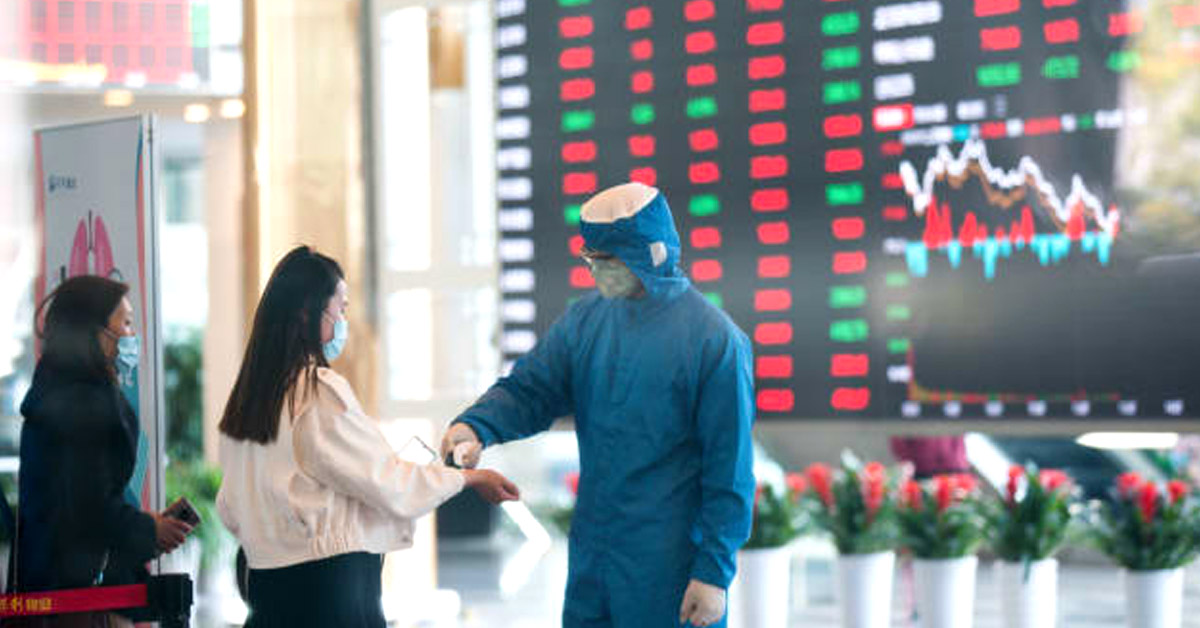

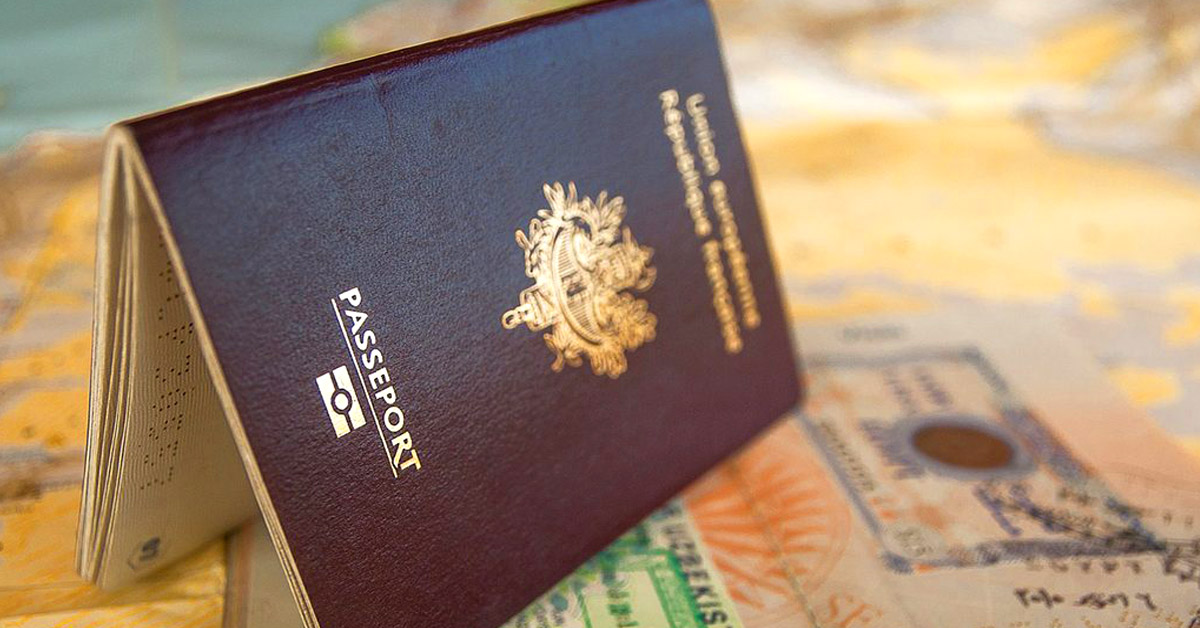
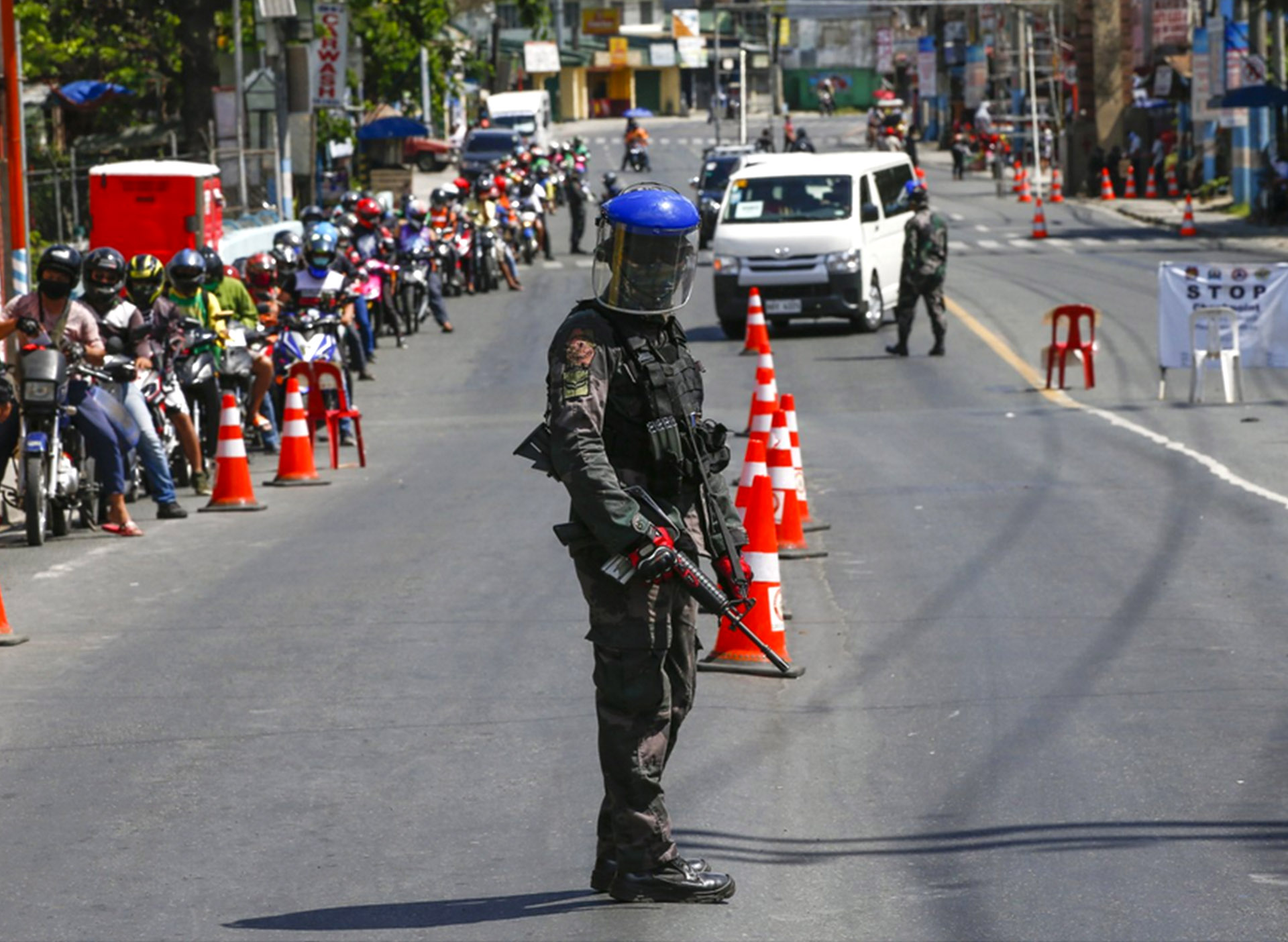








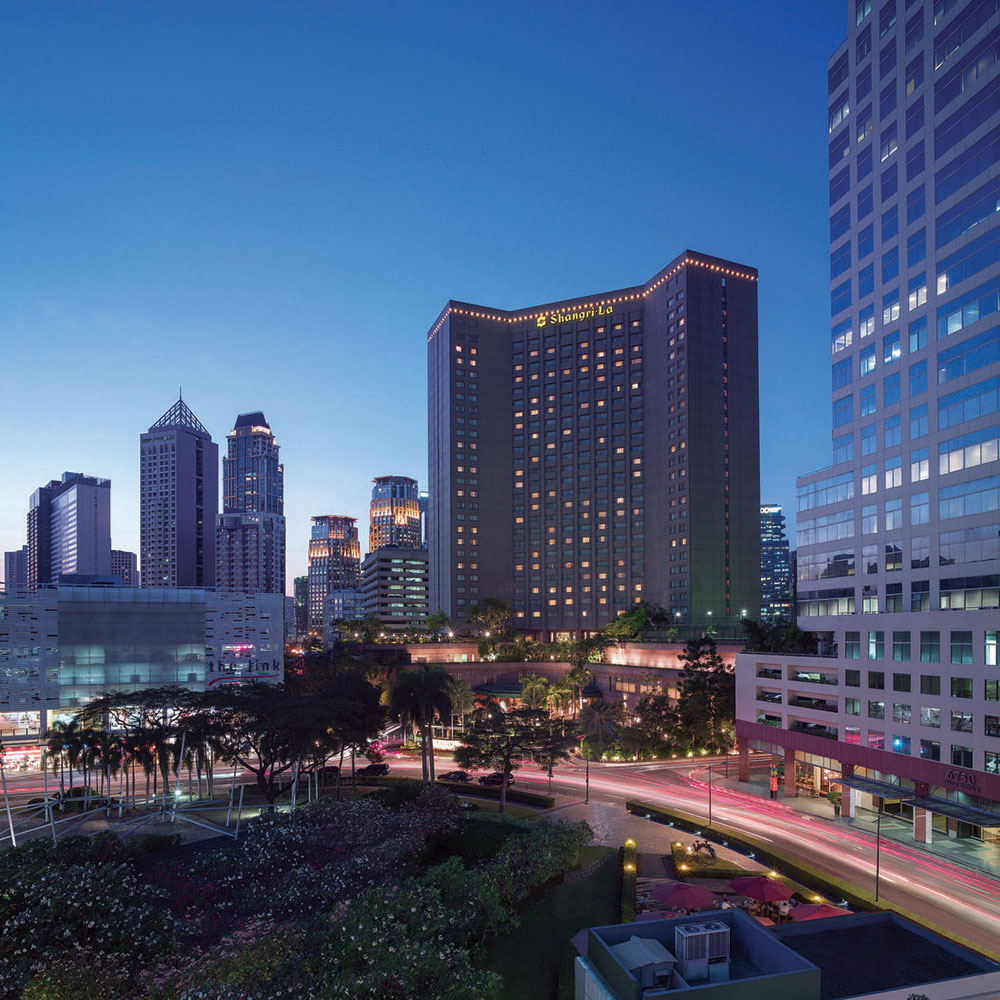



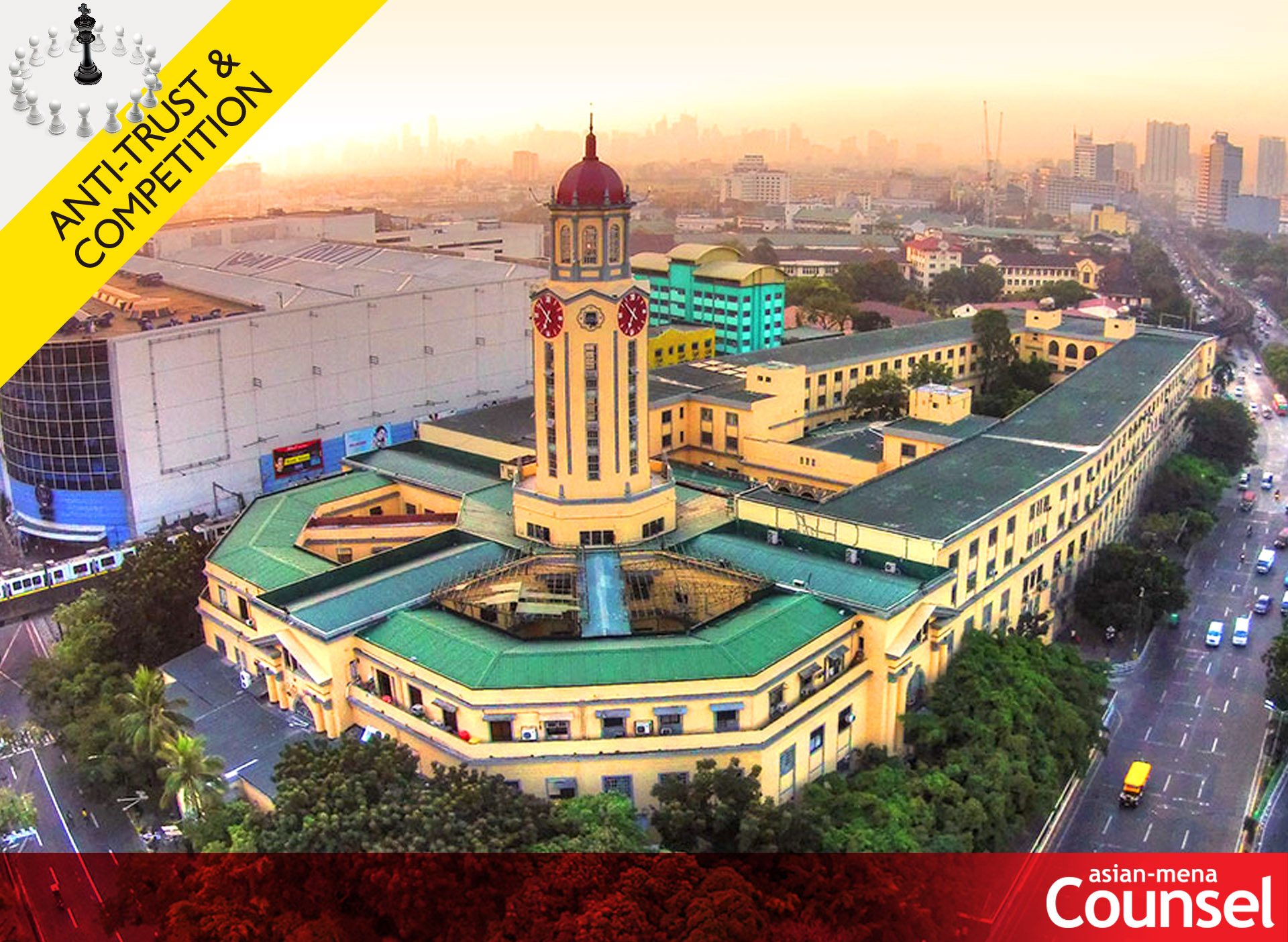





















 Angara Abello Concepcion Regala & Cruz Law Offices (ACCRALAW)
Angara Abello Concepcion Regala & Cruz Law Offices (ACCRALAW) Emerico O. De Guzman
Emerico O. De Guzman







